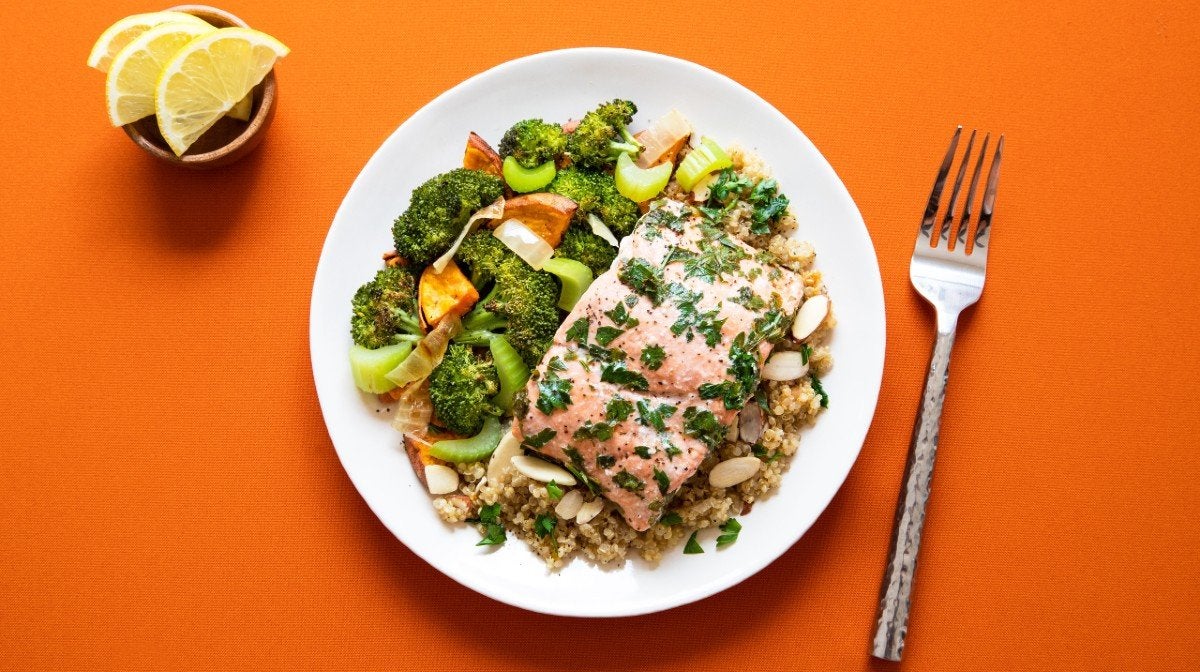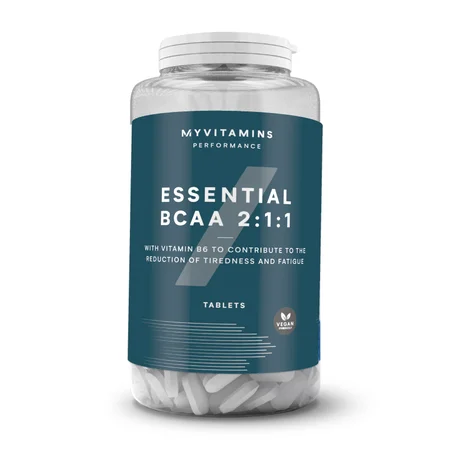16:8 Intermittent Fasting | Benefits & How to Do It Properly


Intermittent fasting has become a popular topic both for researchers and health enthusiasts. It, like the 16:8 diet, promises weight loss, better performance, increased fat burning and lean muscle preservation.
While there are several different types of intermittent fasting, such as the 5:2 diet or religious-based fasting, 16:8 is a sustainable pattern that’s associated with lean muscle gains.1
This article explores the potential benefits and the best way to determine if the 16:8 plan is right for you.
In This Article, You'll Find:

What is Intermittent Fasting?
By definition, this means eating for a certain period of hours and then fasting (not eating) for a set number of hours. The theory behind intermittent fasting (IF) is that humans did not used to live in environments where we had access to food 24 hours a day like we do now — rather, our ancestors evolved in a time when food was relatively scarce, and they had to function at their best physically and mentally often in a fasted state.2
In modern times, this translates to not eating for many hours in a day, working out in a fasted state, and then limiting your meals during the day to a shorter number of hours than your fast. The 16:8 intermittent fasting diet is one example of this.
What is the 16:8 Diet?
The 16:8 intermittent fasting diet limits eating to 8 hours a day and requires fasting for the remaining 16 of 24 hours. Although 16 hours seems like a long time, this includes time spent sleeping. The theory is to wake and work out in a fasted state, which forces your body to draw upon fat stores for energy.2
You should consume reasonable meals throughout your 8 eating hours. While fasting, you should drink water, and some choose to include unsweetened tea, coffee, BCAAs, or a pre-workout in the mornings before exercise.
What are the Benefits of Intermittent Fasting?
It is a popular topic in research and there have been some animal studies showing beneficial impacts on weight loss and cardio-metabolic risk factors (like blood pressure, cholesterol, and insulin-resistance).3
Some studies show a greater benefit from intermittent fasting than from a continuous calorie restriction style diet.4
Additional experimental models predict potential positive impacts of intermittent fasting to extend to age-related disorders, although more research in these areas is needed.2
There have been studies showing that performance does not suffer in a fasted state, and some intermittent fasting dieters claim that they have even more energy and mental clarity when following a 16:8 style diet.5 There’s less mental effort and stress dedicated to meal planning and prepping. Following a 16:8 diet is sometimes referred to as “lean gains”, building on theory of burning fat and calories while working out in a fasted state.1 This method of fasting has been shown to be effective in limiting calorie intake to reduce fat while still maintaining performance and muscle tissue.1
Practical benefits of intermittent fasting include less time spent preparing, eating, and cleaning up after meals (versus a diet of six small meals a day, for example), and its flexibility. You may only need to plan for two meals and they can be larger portions. The major guidelines for the 16:8 diet rely on the timing of meals and not exactly which foods you need to eat.
Intermittent fasting doesn’t require calorie- or macro tracking, but can be used in conjunction with any healthy diet pattern you already follow. For those who struggle with mindless snacking throughout the day or boredom eating at night, having a strict eating schedule can prevent those unnecessary calories that can lead to weight gain.

How to Intermittent Fast Safely
To follow the 16:8 intermittent fasting plan safely, you need to make sure to stay well hydrated while not eating by drinking plenty of water. Coffee or unsweetened green tea may be consumed in the morning to help fuel your workout (or you can use Pre-Workout), as long as you are not adding any cream or sweeteners. There is some thought that consuming aBCAA supplement right before your fasted workout can help to prevent muscle loss.1
When you're in the 8-hour eating period, it's crucial to obtain high quality meals containing all of your necessary macros (protein, carbs and fat) and vitamins/minerals for the day. Be sure to stay hydrated and meet your protein needs to prevent anylean muscle loss. It may be more difficult to obtain adequate calories in a short period of time, which may lead to weakness or dizziness.3
Additionally, be cautious of not overeating just because you know you have another 16-hour fasting period ahead. Intermittent fasting is designed to keep your body in deficit for the day as a whole, so be cautious not to binge on high-calorie junk foods.6
While there are promising outcomes of intermittent fasting, there’s an opportunity for further research related to performance and health benefits.3 Many of the studies thus far were on overweight- or all-male subjects. If you have blood sugar control issues, like diabetes or hypoglycemia, intermittent fasting may not be a good fit. Alternatively, if you are pregnant or breastfeeding, or take medications that are taken with food, speak to you doctor before trying the 16:8 diet.
Take Home Message
Like any other diet, 16:8 intermittent fasting can be an effective strategy for weight loss and exercise performance without requiring counting calories or tracking macros.4 The 16:8 diet can also decrease fat mass while preserving muscle, leading to lean gains.3 While more research is needed, it shows promising results for body composition, performance, and health-related outcomes. Intermittent fasting is one option for limiting total calorie intake when trying to lose weight and maintain muscle. When practicing this diet, remember to stay well hydrated, even while fasting, and to choose balanced, healthy meals during the 8-hour eating period. Speak with your doctor about any concerns before trying out this plan.

Claire is a Registered Dietitian through the Academy of Nutrition and Dietetics and a board-certified Health and Wellness Coach through the International Consortium for Health and Wellness Coaching. She has a Bachelor of Science in Biology and a Master’s degree in Clinical Dietetics and Nutrition from the University of Pittsburgh.
Talking and writing about food and fitness is at the heart of Claire’s ethos as she loves to use her experience to help others meet their health and wellness goals.
Claire is also a certified indoor cycling instructor and loves the mental and physical boost she gets from regular runs and yoga classes. When she’s not keeping fit herself, she’s cheering on her hometown’s sports teams in Pittsburgh, or cooking for her family in the kitchen.
Find out more about Claire’s experience here.






